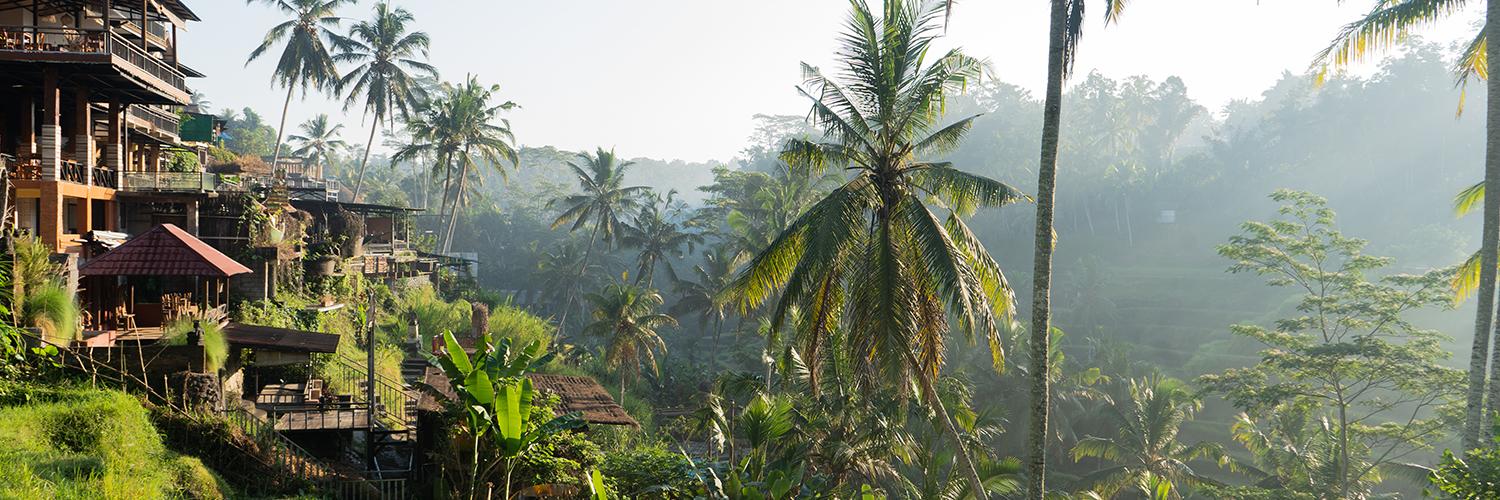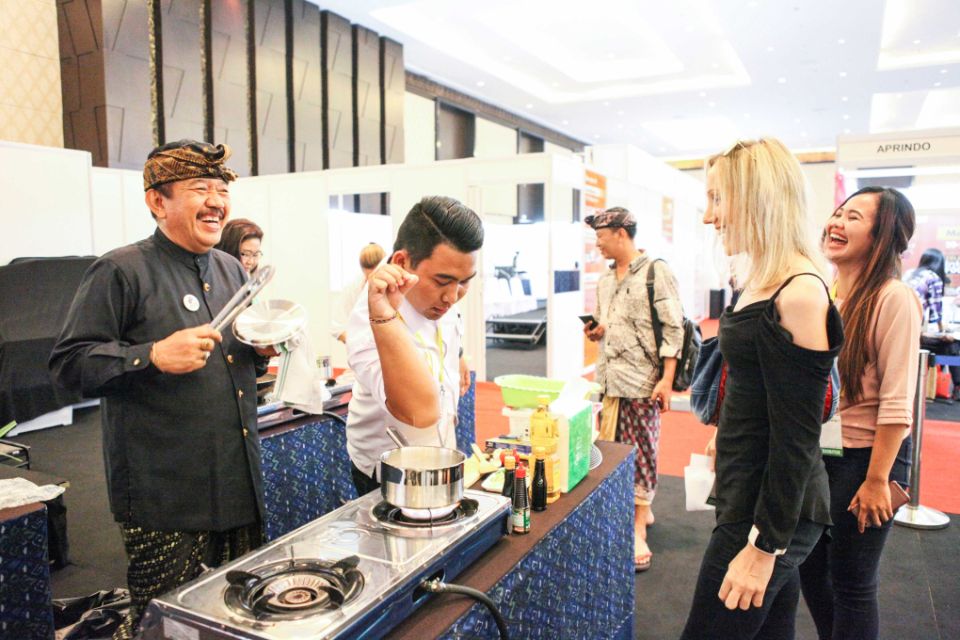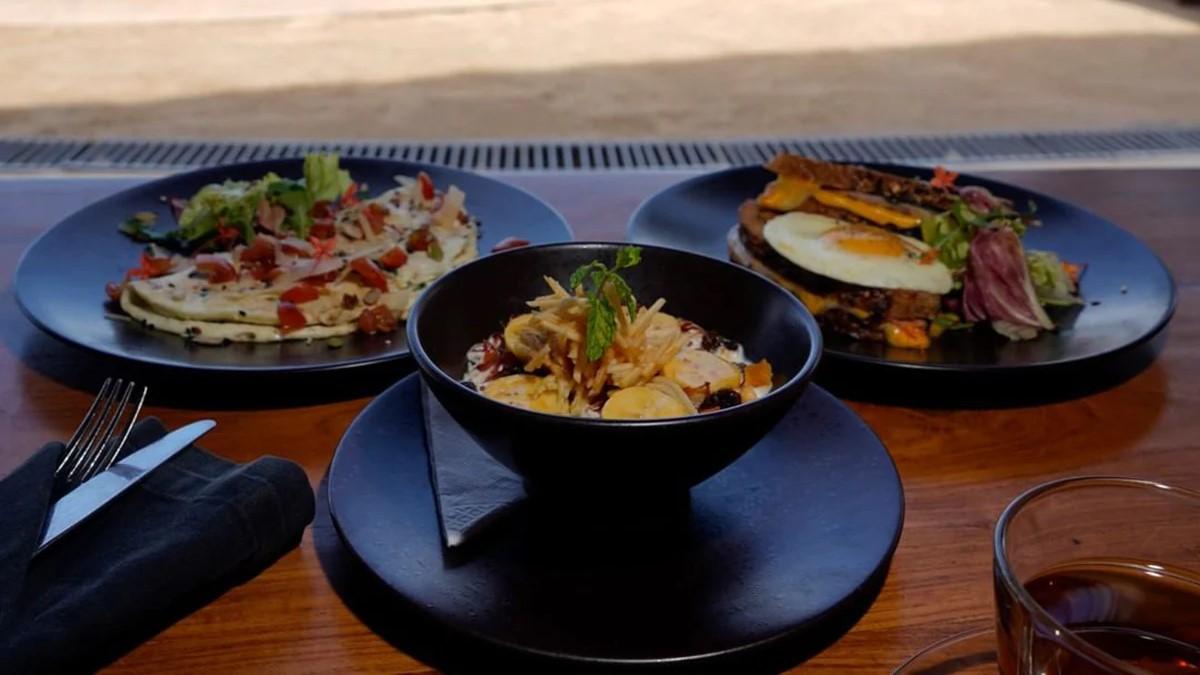Before the pandemic hit the country, the area, filled with hundreds of homestay rooms, was always bustling with both domestic and international travelers who wanted to savor the beauty of Bumi Mandalika for a little longer.
Currently, Kampoeng Homestay in Desa Wisata Kuta is coming back to life, touched by the echoes of the grand MotoGP Mandalika 2022 event. In addition to tourists, the busy construction of the circuit and new accommodation facilities has contributed to the increased occupancy rate in the area.
This includes Roy Homestay, one of the accommodation providers with 12 rooms that has been part of Kampoeng Homestay since 2015.
However, Sunardi, the owner of Roy Homestay, admits that the situation is still far from normal. Even for room rentals, he hasn't dared to set prices like before, which ranged from IDR 200,000 to 300,000. “Now, some rooms are priced as low as IDR 100,000,” he said.
Sunardi, owner of Roy Homestay
Like other accommodation owners and tourism business owners in general, Roy hopes that the tourism industry will recover soon. "At least 50-60% recovery would be fine," said the father of three, while exchanging smiles with his wife who was busy preparing Poteng Jaje Tujak, a traditional Lombok sticky rice snack.
For over two years, the pandemic drained the income of people from the homestay business. To survive, many of them worked odd jobs, such as returning to farming or working on construction projects. Sunardi mentioned that his side job is working as a construction worker.
But, according to him, the spirit to stay in the homestay business has always been there. He and other managers believe that the strategic location and tourism potential of Kampoeng Homestay in Desa Wisata Kuta will attract tourists to stay again, even after the MotoGP event has ended.
As a sign of their commitment to running this business, the Kampoeng Homestay residents are working hard to improve service quality so that visitors will feel more comfortable.
In the homes renting out rooms at Kampoeng Homestay, the activity has generally developed into a family business over the years. Cleaning rooms, serving guests, preparing breakfast, and various other services are carried out by all family members.
Then, Maulidin, the head of the local Tourism Awareness Group (Pokdarwis), said that initially, all homestay management activities were done by the locals autonomously, without formal education or special training.
Realizing that service quality is one of the main keys, they collaborated with related parties, such as the local Tourism Office, including taking advantage of training and socialization opportunities from the Ministry of Tourism and Creative Economy. The residents then underwent training and education, including hospitality training. Among other things, learning how to cook and serve breakfast with dishes preferred by foreign guests, such as pancakes, and how to prepare rooms neatly.
"Even though it's a homestay, the service should be like a hotel," emphasized Maulidin, voicing the locals' determination.
Language barriers are not a major issue, as the residents are able to communicate in basic English to convey their intentions. Through their daily interactions with foreign guests, the homestay managers are also eager to expand their vocabulary. These interactions sometimes evolve into lively exchanges, offering opportunities for cultural and language exchange.
Digitalization has also long reached Kampoeng Homestay, including Roy Homestay, whose name was taken from the youngest child of the owner.
“Guests can now book online. So, they don’t just find us through word of mouth,” said Sunardi.
Roy Homestay on Booking.com
When asked who manages the online bookings, Sunardi pointed to his second daughter. “My kids manage it. I don’t understand it,” he said with a laugh.
Ah, relief. It turns out that the millennial generation of Kampoeng Homestay is not only managing what they have but also bringing the family business to the next level through their expertise in technology.
Hopefully, the Mandalika tourism business will soon flourish again. Let’s visit domestic tourism destinations to uncover the potential beauty of the archipelago.





